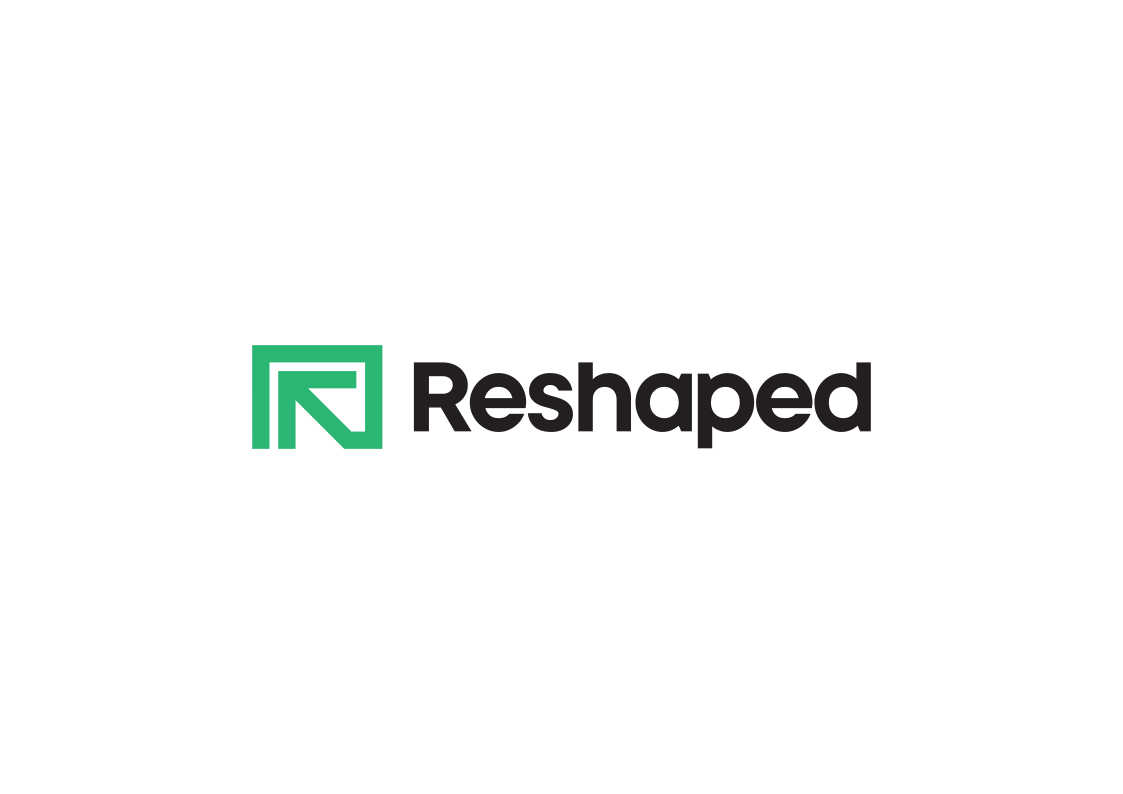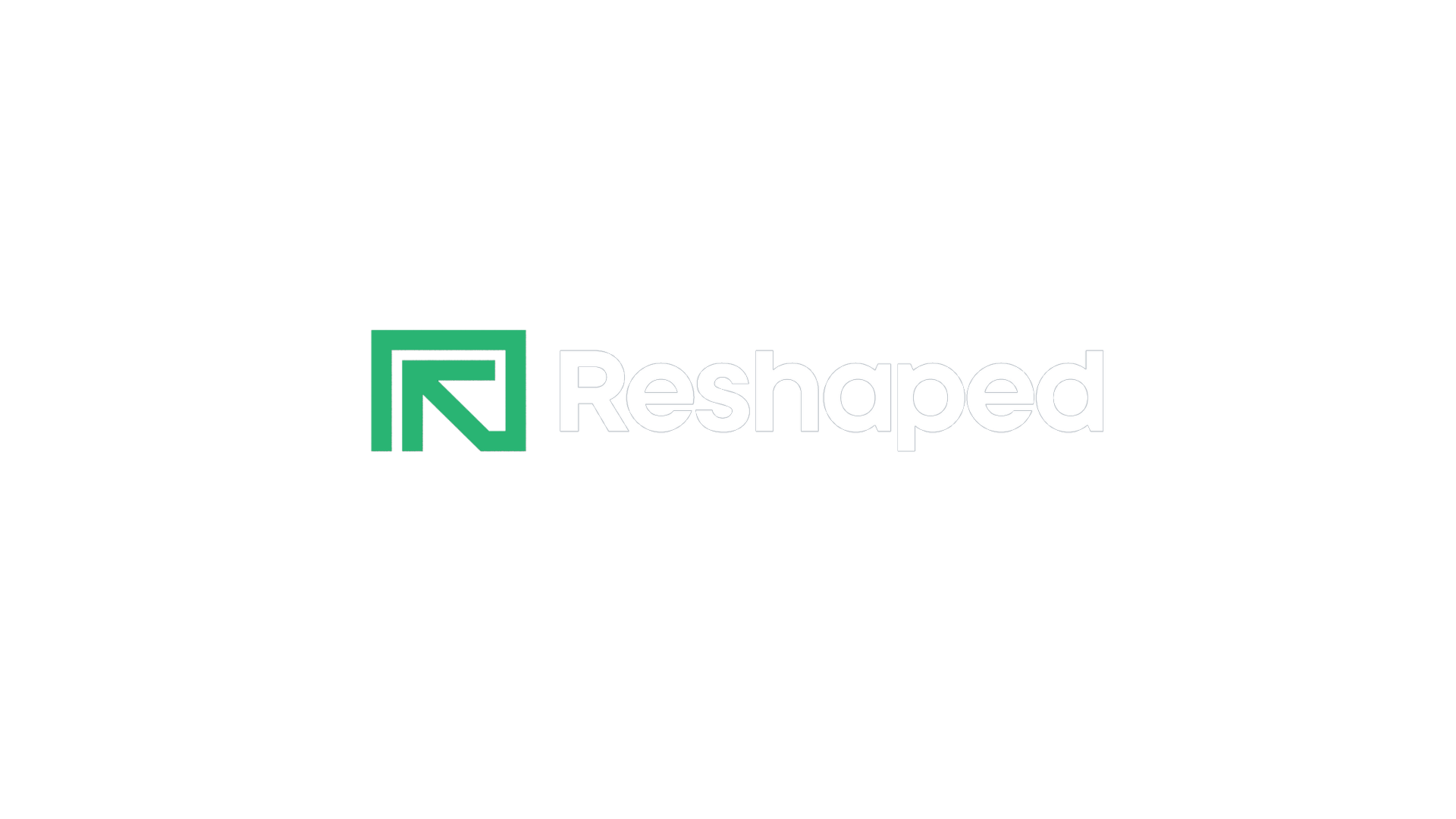Want ChatGPT to Mention Your Brand? Here’s How To Make It Happen
The way people search for answers online is shifting faster than most of us expected. Not long ago, Google was the default place for every question under the sun. But now? Millions of people are opening ChatGPT, Perplexity, Gemini, and other AI assistants every single day to get quick and (hopefully) trustworthy answers.
You could even say LLMs are slowly taking the spotlight from traditional search engines. And for businesses, especially in the B2B SaaS space, which, by the way, is on track to hit a massive USD 315.68 billion by 2025, this change isn’t just interesting, it’s a wake-up call.
Think about it: someone asks ChatGPT, “What’s the best CRM for startups?” or “What are the top alternatives to HubSpot?” Now, if your brand doesn’t come up in that answer, you’ve just lost a massive opportunity. In the old days, missing out on Google’s first page was painful. Today, not showing up in an AI assistant’s reply could be even worse.
That’s why brands everywhere are starting to ask the same question: “How do we actually get mentioned on ChatGPT and other AI tools?”
It’s becoming common to search for queries like:

Now if someone asks about the top marketing agencies and ChatGPT lists reshaped.io (us) at the very top. That’s the kind of visibility we’re talking about: free exposure, instant credibility, and often way more persuasive than a Google ad.
But here’s the catch: getting your name into AI-generated answers isn’t the same as ranking on Google. On search engines, the game is about keywords, backlinks, and optimizing content. For ChatGPT and similar tools, it’s different. They’re not scanning the internet live; they’re pulling from what’s already out there, mentions in credible articles, industry publications, research papers, news sites, forums like Reddit, and even popular blogs.
So if you want AI to recommend your brand, you need to make sure your name keeps popping up in the places that LLMs are most likely to “see.”
That’s exactly what this guide is about. We’ll walk you through the most effective strategies to boost your brand’s visibility inside AI tools and go beyond traditional SEO. Because let’s be honest, getting found on Google is important, but being the answer that ChatGPT confidently gives to millions of users? That’s the next level.

How LLMs like ChatGPT use your content
A lot of people assume ChatGPT works the same way Google does, but that’s not true at all. Google crawls websites in real time and constantly updates its index. ChatGPT, on the other hand, doesn’t go around scanning your latest blog post the moment you hit publish. It was originally trained on a massive snapshot of public content that already existed at the time, think blogs, online articles, Wikipedia entries, forums like Reddit, and other accessible sources.
Now, newer versions and other tools (like Perplexity, Microsoft Copilot, or ChatGPT with browsing enabled) can pull in more recent content by tapping into APIs or search engines such as Bing. That means sometimes your brand can make its way into AI answers through fresh updates, but it depends on the tool and settings.
So the real question is: how does your content actually make the cut and end up in an AI-generated response?
It comes down to one thing: how easy you make it for the AI to “remember” you. And no, I don’t mean witty one-liners or gimmicks. I mean the kind of content that’s clear, factual, and referenced across multiple places. LLMs are designed to recognize patterns in trusted information, so they lean toward content that checks these boxes:
- Clarity: Short paragraphs, logical structure, and headlines that actually explain what the section is about. If your content is messy or overstuffed, LLMs are less likely to use it.
- Factual and cited: Numbers, data, and expert quotes give your writing more weight. AI models prefer sources that feel grounded in evidence rather than fluffy marketing talk.
- Widely referenced: If your brand keeps showing up on reputable blogs, industry media, and even community platforms, the AI begins to “see” you as a more credible name. The more people talk about you online, the more authority you build.
That’s why some sites get quoted left and right in AI responses while others, even if they publish regularly, never get mentioned. If your content feels approachable, is linked from respected websites, and sounds like a human wrote it instead of a buzzword factory, you’re already ahead.
Here’s the bottom line: you want to be visible in places these models already trust. That means being cited on platforms like Wikipedia, Stack Overflow, Quora, GitHub, or even high-authority news outlets. For SaaS companies, industry-specific blogs and niche publications are gold mines. Community hubs like Reddit or Medium can also make a difference since they show up a lot in training data.
And don’t forget Bing. Since Bing powers the live browsing results for tools like Bing AI and some versions of ChatGPT, content indexed there has a direct shot at surfacing in real-time answers.
Quick tips for improving your brand visibility on ChatGPT
If you want ChatGPT to start mentioning your brand, you have to think beyond keywords and backlinks. It’s more about being visible in the right places and making your content worth quoting. Here are some practical tips you can put into action.
1. Comparison content works wonders
People often ask AI tools to compare products head-to-head. If you’ve already written a blog comparing your solution with competitors in a fair and informative way, you’re giving ChatGPT a ready-made reference. Think along the lines of “Notion vs Evernote for teams,” clear, useful, and naturally referencing your brand.
2. Build trust with your content
Content that feels credible and backed by data is the type that AI tools love. This means including expert insights, linking to research, and publishing fresh ideas on emerging topics. A good example is HubSpot’s marketing reports. They get cited across thousands of articles, which makes them hard for tools like ChatGPT to ignore.
3. Get active in communities where conversations are happening
Forums like Reddit, Quora, and even LinkedIn groups are part of the data pool that AI learns from. The more helpful you are in these spaces, the more your brand gets woven into real conversations. Plenty of SaaS founders have built their early recognition simply by showing up on r/startups or answering niche questions in their industry forums.
4. Consistency is underrated
AI tools try to piece together who you are from all your content. If your website says one thing, your social media another, and your blog hasn’t been touched in two years, it creates confusion. Keeping your brand message aligned everywhere makes it easier for ChatGPT to confidently present you as an option.
5. Focus on niche questions your audience is asking
Instead of trying to dominate broad, generic keywords, zoom in on the specific queries your customers really care about. That might be “the best CRM for small law firms” or “invoice software designed for freelancers.” When you create helpful guides that answer these types of questions, you fill in gaps that AI tools often look to fill.
6. Address brand sentiment head-on
The way people talk about you online influences how AI tools talk about you. Negative reviews on G2 or Capterra can shape your mentions just as much as glowing testimonials. Respond quickly, fix issues publicly, and encourage happy customers to share their experiences. A steady flow of positive feedback helps tip the balance.

How to track mentions on ChatGPT and other AI tools
So you’ve put in the work to make your brand visible, but now comes the big question: how do you know if it’s actually paying off? Unlike Google, where you can easily check rankings, keeping track of mentions in AI tools like ChatGPT is a little trickier. Still, there are practical ways to measure your impact.
Start with brand monitoring tools
Before diving into AI-specific tracking, you want to make sure you know where and how often your brand is being mentioned online. Tools like BuzzSumo, Ahrefs, and Semrush are great for this. For example, BuzzSumo lets you set up alerts so you get notified whenever someone mentions your brand or a target keyword. Ahrefs and Semrush have similar features that help you keep an eye on backlinks and discussions.
The logic is simple: the more your brand is being talked about in reputable places, the more likely it is that ChatGPT and similar models will pull you into their answers. If your name shows up in high-authority blogs, digital publications, or discussion boards, you’re putting yourself in a better position to get surfaced by AI.
What about tracking mentions inside ChatGPT itself?
Here’s where it gets interesting. As of now, OpenAI doesn’t provide a dashboard to tell you, “Hey, your brand was mentioned 25 times this week.” That would be amazing, but we’re not there yet.
Instead, marketers have found a clever workaround. You can create a list of likely customer questions (things your audience would genuinely type into ChatGPT), then run them through the tool at scale. A simple way to do this is by setting up those prompts inside Google Sheets and connecting them with Apps Script to automatically pull in responses from ChatGPT. That way, you can check if your brand comes up for queries like “best payroll software for startups” or “alternatives to HubSpot.”
It’s not perfect, but it gives you a sense of whether your optimization efforts are being noticed. Some agencies are even building internal trackers to run this process regularly, so they can report back to clients on brand presence inside AI tools.
Wrapping it all up
AI-driven search is still young, but one truth is clear: large language models can only recommend what they’ve been trained to recognize. If your brand isn’t out there, trusted, visible, and talked about in the right places, it simply won’t show up when someone asks ChatGPT, Perplexity, or Gemini for advice.
The companies winning right now are the ones that mix big, long-term moves with smaller, consistent steps. On one side, landing a Wikipedia page, getting featured in respected outlets, or running strong PR campaigns helps embed your brand into the sources that AI models lean on. On the other hand, regularly updating FAQs, writing practical guides, engaging in community threads, and sharing insights on platforms like LinkedIn or Reddit might seem small, but these actions steadily expand your footprint and every mention counts.
This isn’t an overnight process. Unlike traditional SEO, where results sometimes show up in weeks, optimizing for AI visibility is about building authority and reputation over time. You’re essentially teaching evolving technologies who you are and why you matter. That means no shortcuts, no gimmicks, just consistent, trustworthy content and presence.
The exciting part? This space is only going to get bigger. While ChatGPT today doesn’t always show sources, future AI search engines almost certainly will. Some may even introduce direct pathways for brands to appear in their answers. If you start planting those seeds now, you’re not just gaining visibility today; you’re setting yourself up for the AI-first world that’s coming fast.
At the end of the day, your best bet is simple: be everywhere your audience is searching, reading, and asking questions. Build trust, stay visible, and keep creating content that adds value. Do this, and you give your brand the strongest chance of being recognized as the go-to choice by both people and the machines they’re using to find answers.





